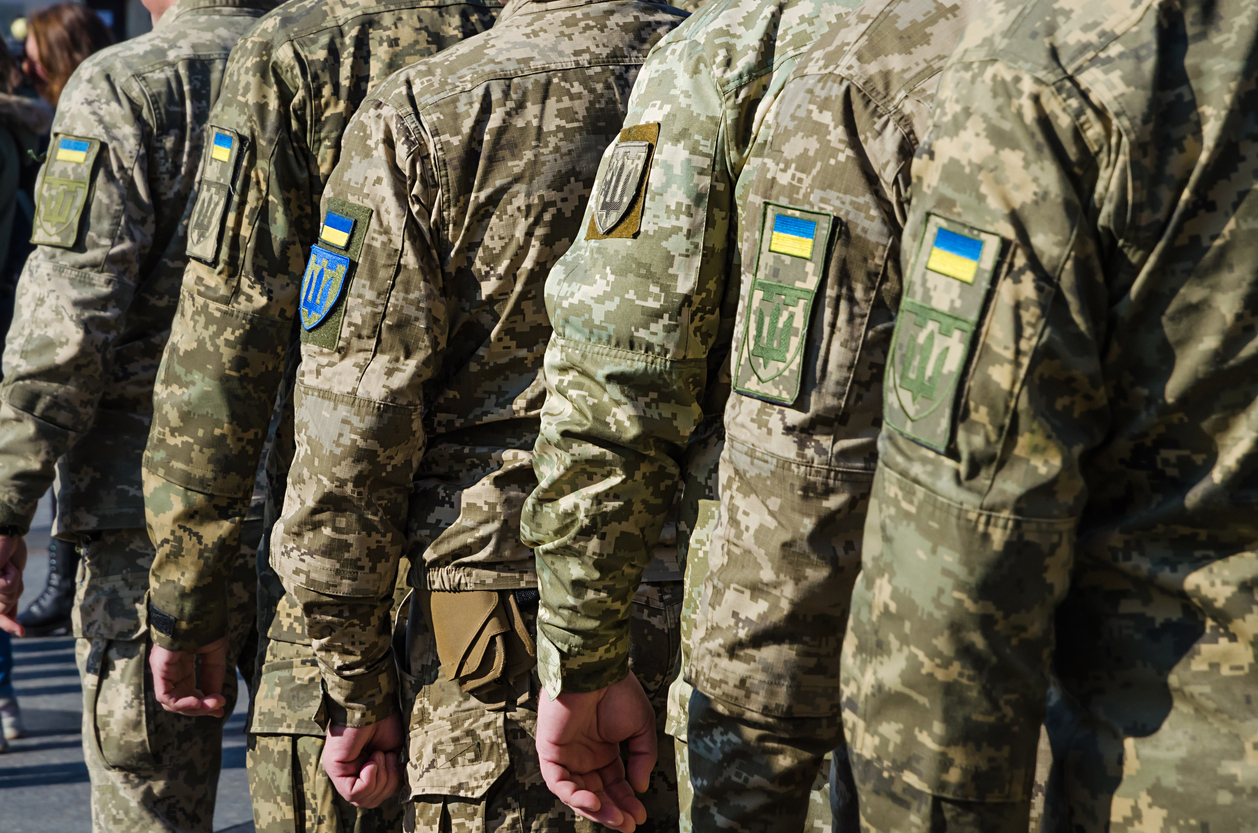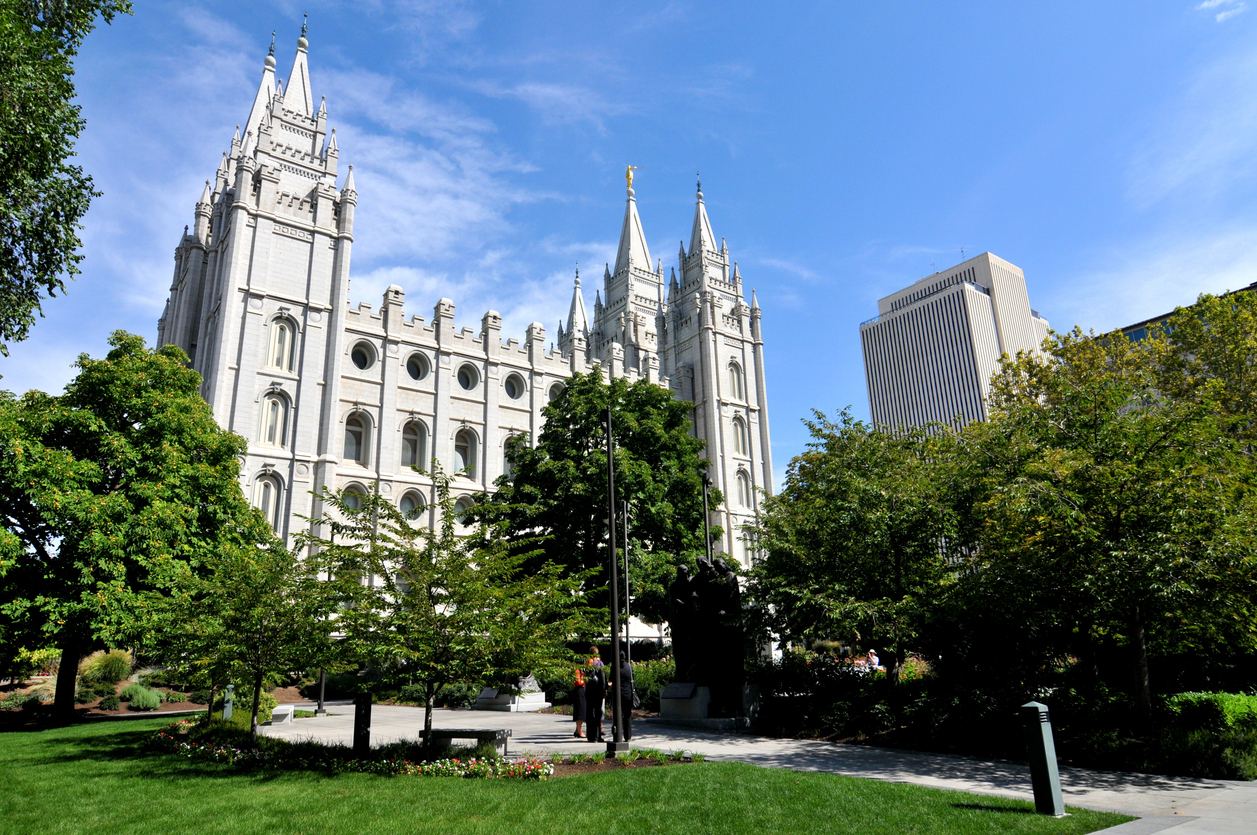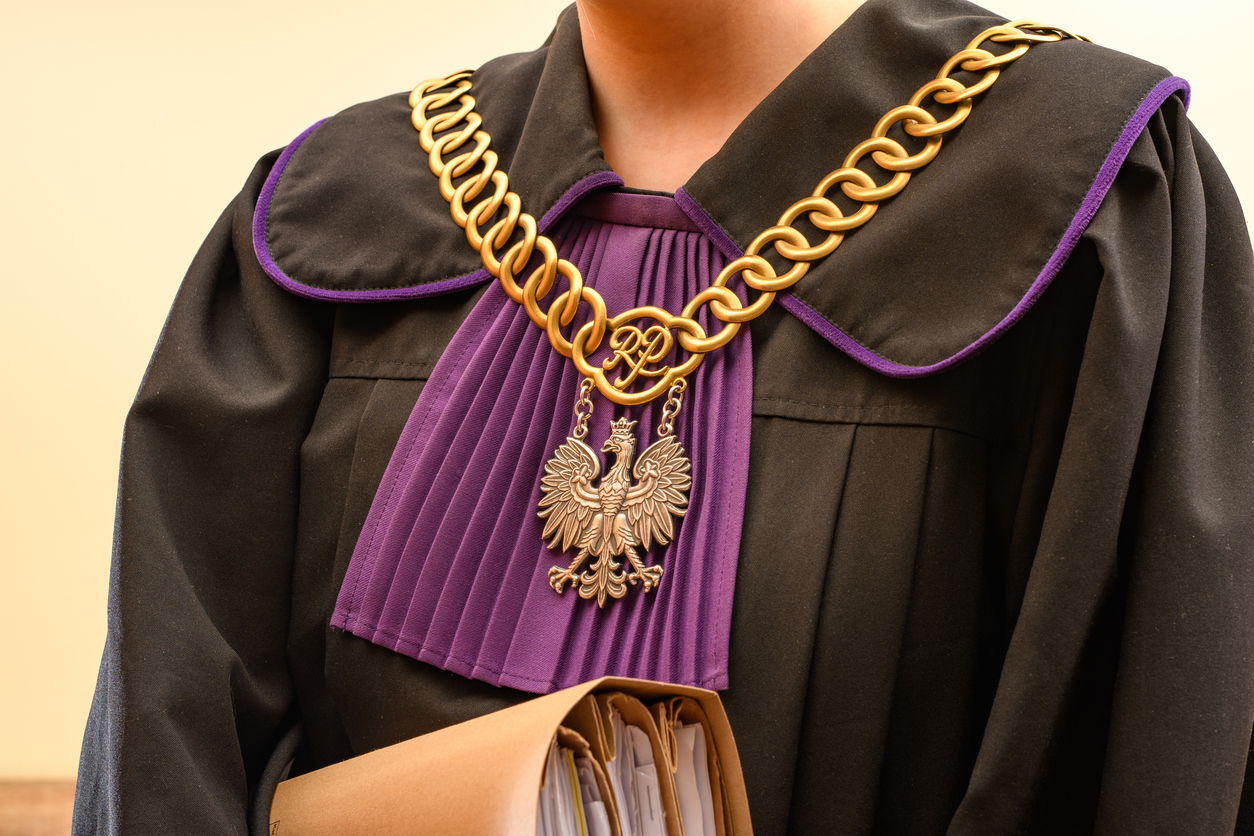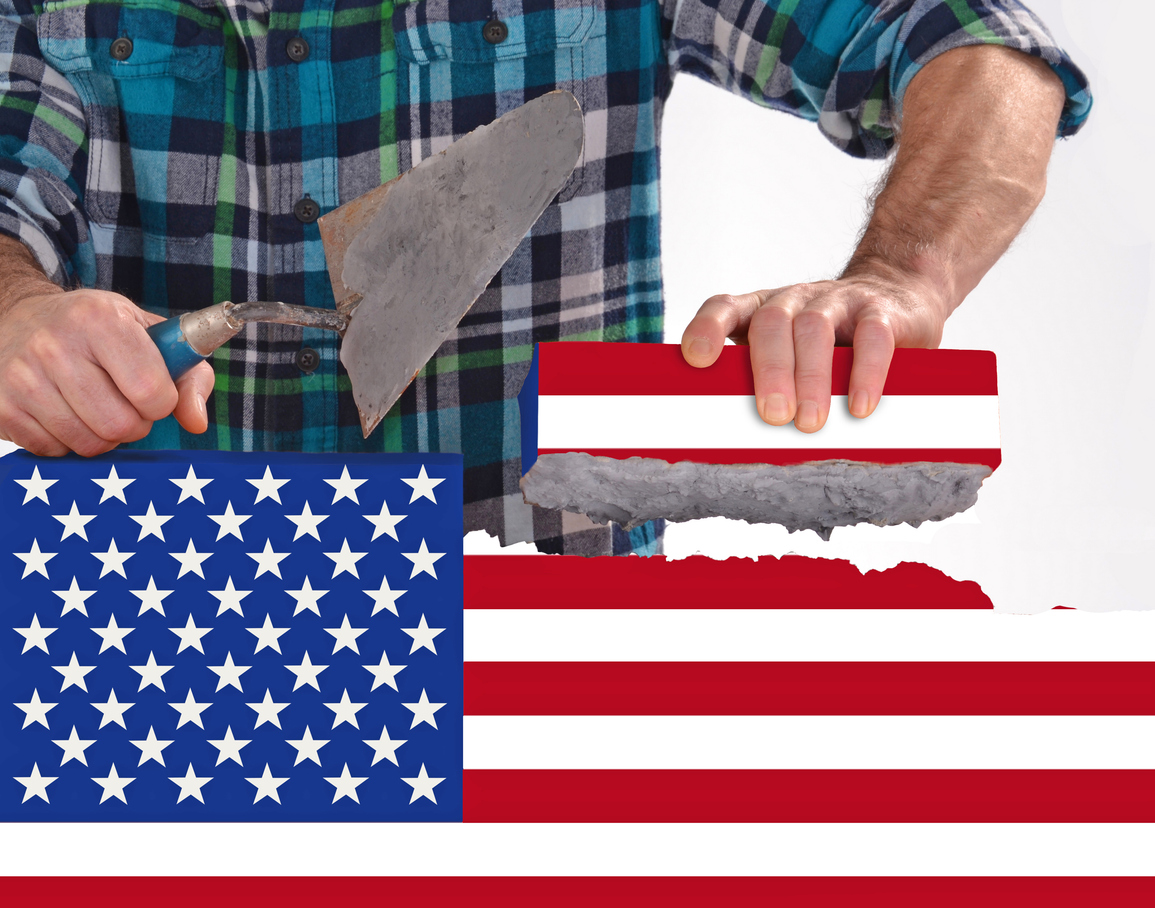Tag: Dialogue/ Engagement

Ukrainian Veterans Save Lives Through Quiet Diplomacy
Time Period: December 2002 - December 2004Location: UkraineMain Actors: General Volodymyr Antonets, veterans & officers in the Ukrainian security forcesTactics - Dialogue/engagement - Fraternization - Withholding or withdrawal of allegiance...

Latter-Day Saints Speak Out to Protect Democracy
Time Period: 2020-presentLocation: United StatesMain Actors: The Church of Jesus Christ of Latter-day SaintsTactics - Public Statements In the immediate lead-up to the inauguration of President Biden, the governing body...

Polish Judges Resist Attacks on the Rule of Law
Time Period: 2016-2021Location: Poland, especially Warsaw; Brussels, BelgiumMain Actors: Polish Judges Association Iustitia, Association of Judges Themis, Wolne Sądy lawyers group, Polish Constitutional Tribunal, Polish Supreme CourtTactics - Civil disobedience...

Unions Join Unlikely Allies to Defend American Elections
Time Period: November 2020Location: United StatesMain Actors: AFL-CIO, SEIU, AFT, UNITE HERE, union membersTactics - Signed public statement - Declarations by organizations or institutions - Demonstrations - Assemblies of support...

Wisconsin Business Leaders Ensure Fair Elections
Time Period: 2021-presentLocation: United States, WisconsinMain Actors: Wisconsin Business Leaders for DemocracyTactics - Civic Engagement - Media Outreach - Petitions - Questionnaires - Signed Letters of Support - Amicus Brief...
